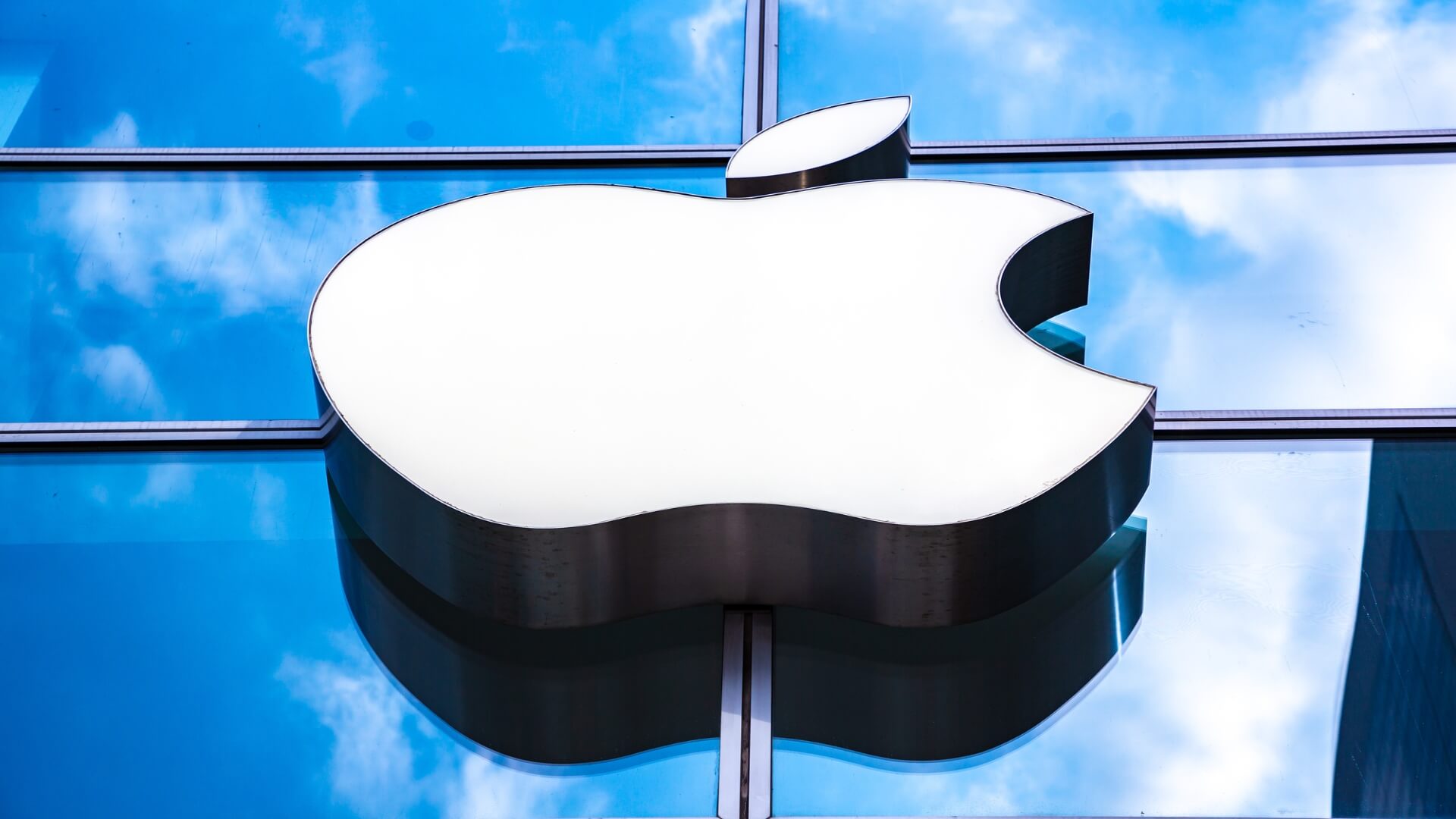According to the new EU Digital Market Act, third-party app stores will have to exist on iPhones and iPads. The European Union (EU) Digital Market Act will be implemented in March 2024 aiming to ensure fair competition. Apple has been designated a “gatekeeper” under the European Digital Markets Act. Apple rejects many apps – 1.7 million out of 6.1 million submitted for review last year, according to Cupertino’s 2022 App Store Transparency Report. Apple claims its intervention prevented $2 billion in fraud last year, but arbitrary and inconsistent app review decisions have led to common complaints. Last year, Bloomberg reported that Apple was gearing up for a major change in how the iOS ecosystem works allowing sideloading for the first time on iOS. The system would still establish some security requirements for software distributed outside of the App Store, similar to what already exists on the Mac. Bloomberg later reported that Apple would allow sideloading exclusively in EU countries restricting new features based on a user’s location.
According to experts, Apple plans to have the changes ready to release alongside iOS 17 next year. Companies, such as Apple, have until 2024 to be in full compliance with the Digital Markets Act. The act calls for interoperability between different messaging platforms and equal access for outside developers to core operating system features. In addition, it also mandates that platform holders must allow for sideloading. Here is an opinion piece we found of interest relating to Apple and the EU Digital Market Act.
Forcing Apple to allow third-party app stores isn’t enough
In an opinion piece “Forcing Apple to allow third-party app stores isn’t enough” for The Register, Thomas Claburn, reporter, reports on the impact of the European Digital Markets Act regarding Apple being designated as a “gatekeeper.” This means that Apple must allow third-party app stores to distribute iOS apps, at least in Europe. According to Claburn, Apple rejects many apps. For example, the Cupertino’s 2022 App Store Transparency Report pointed out that Apple rejected 1.7 million out of 6.1 million submitted for review last year. Apple claims its intervention prevented $2 billion in fraud last year.
IOS developers have expressed dissatisfaction with Apple’s App Store Review Guidelines and the Apple Developer Program License Agreement since the establishment of the App Store on July 10, 2008. Despite this, the Apple App Store is likely to remain the preferred app source for iOS customers. According to Apple in its App Store Guidelines, the guiding principle of the third-party App Store is simple. Apple wants to provide a safe experience for users to get apps, and a great opportunity for all third-party app developers to be successful. Apple claims that it offers a highly curated App Store where every app is reviewed by experts and an editorial team helping users discover new apps. While Apple wants to provide a safe experience for IOS users, the company still removed 186,195 apps that had been previously approved in 2022. Read more on The Register.
Disclosure: Fatty Fish is a research and advisory firm that engages or has engaged in research, analysis, and advisory services with many technology companies, including those mentioned in this article. The author does not hold any equity positions with any company mentioned in this article.
The Fatty Fish Editorial Team includes a diverse group of industry analysts, researchers, and advisors who spend most of their days diving into the most important topics impacting the future of the technology sector. Our team focuses on the potential impact of tech-related IP policy, legislation, regulation, and litigation, along with critical global and geostrategic trends — and delivers content that makes it easier for journalists, lobbyists, and policy makers to understand these issues.
- The Fatty Fish Editorial Teamhttps://fattyfish.org/author/fattyfish_editorial/January 19, 2024
- The Fatty Fish Editorial Teamhttps://fattyfish.org/author/fattyfish_editorial/January 3, 2024
- The Fatty Fish Editorial Teamhttps://fattyfish.org/author/fattyfish_editorial/January 3, 2024
- The Fatty Fish Editorial Teamhttps://fattyfish.org/author/fattyfish_editorial/December 31, 2023









